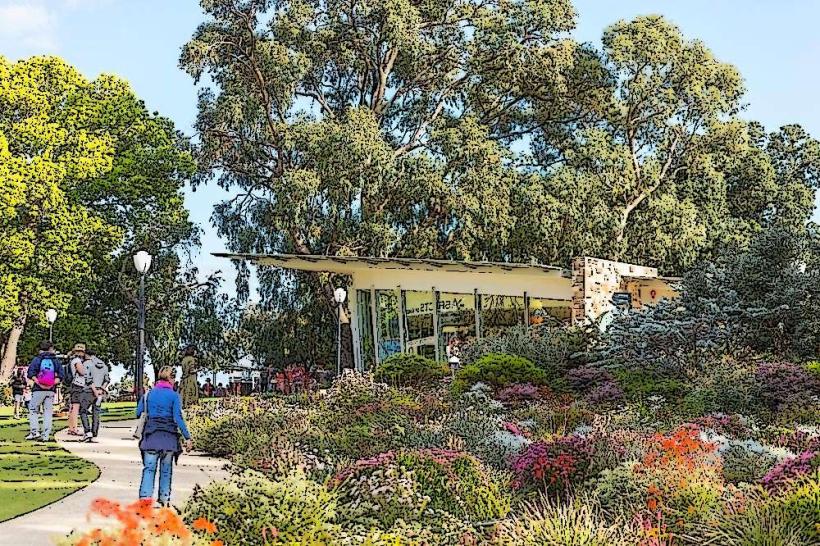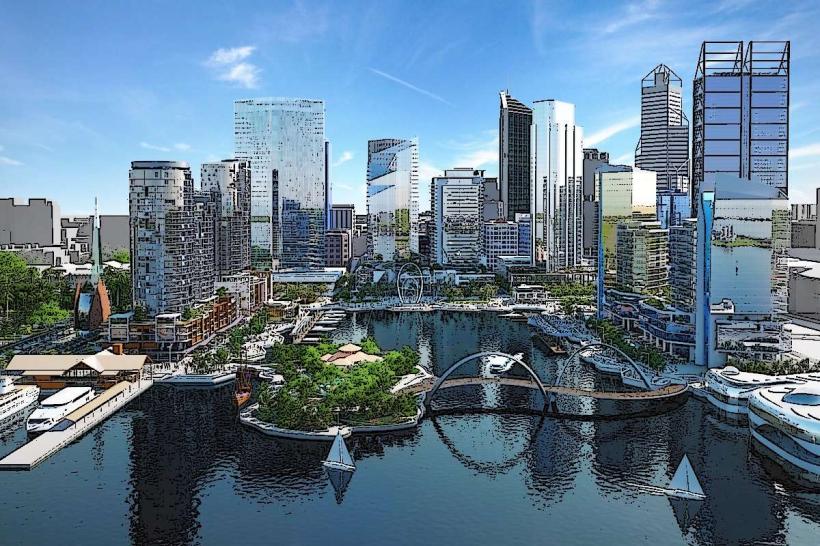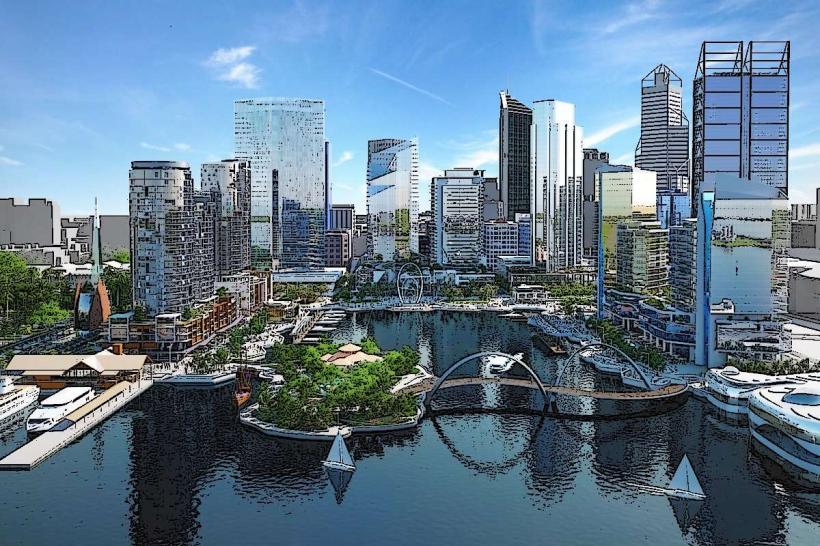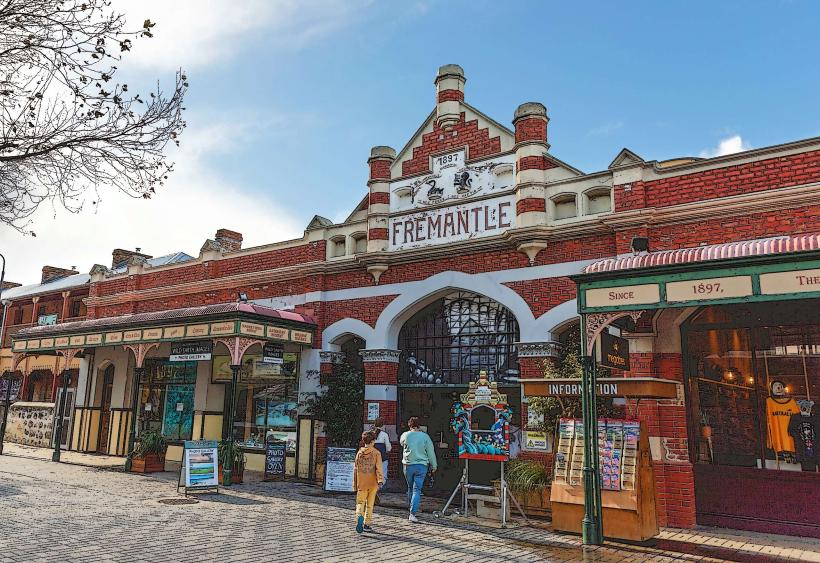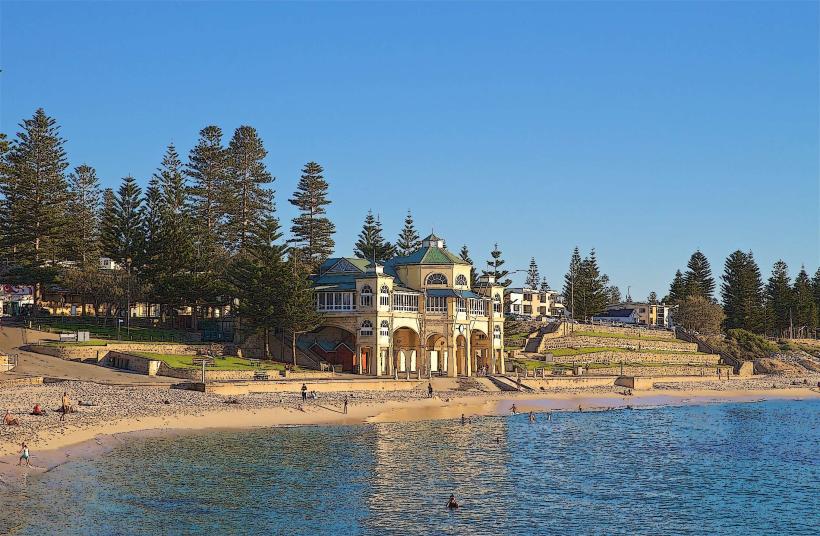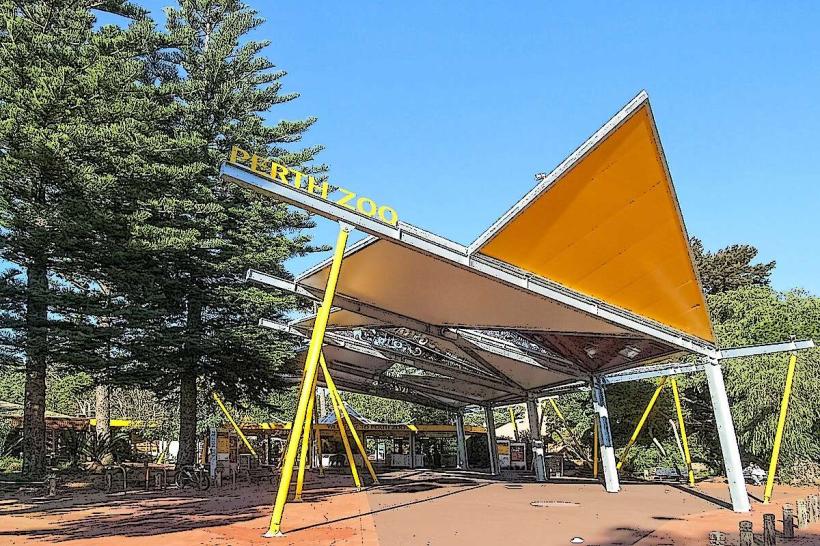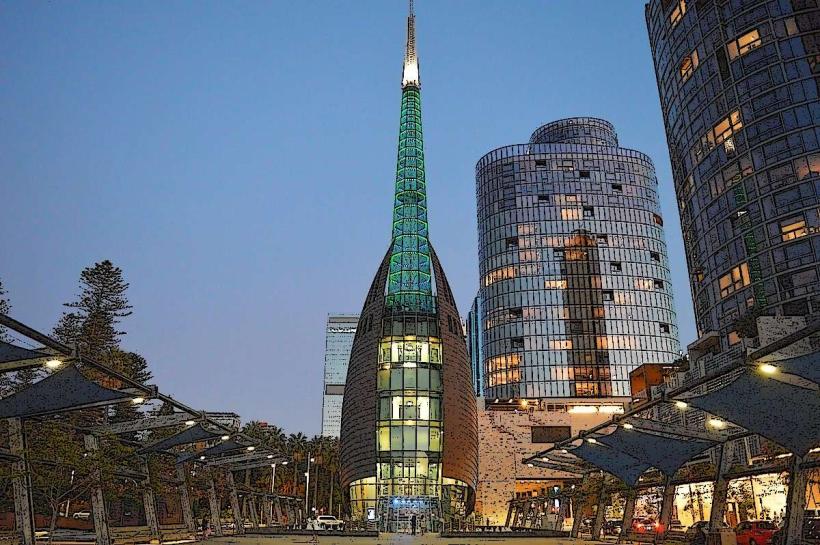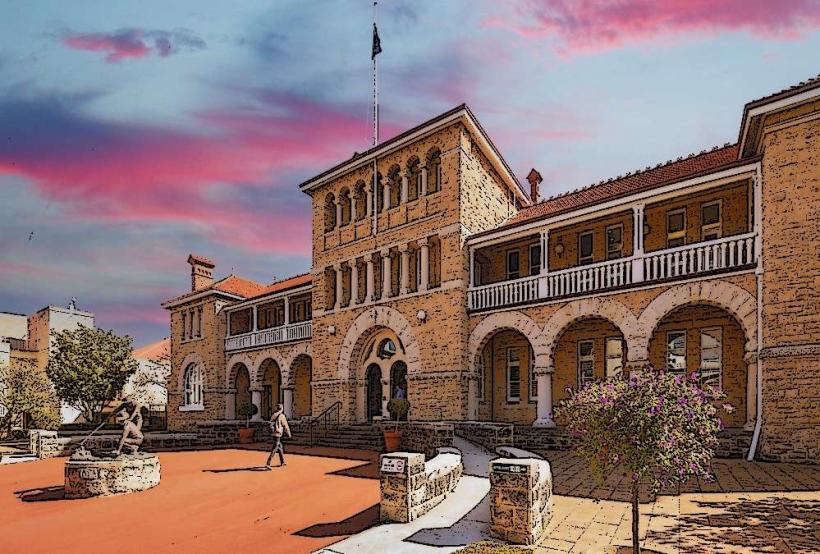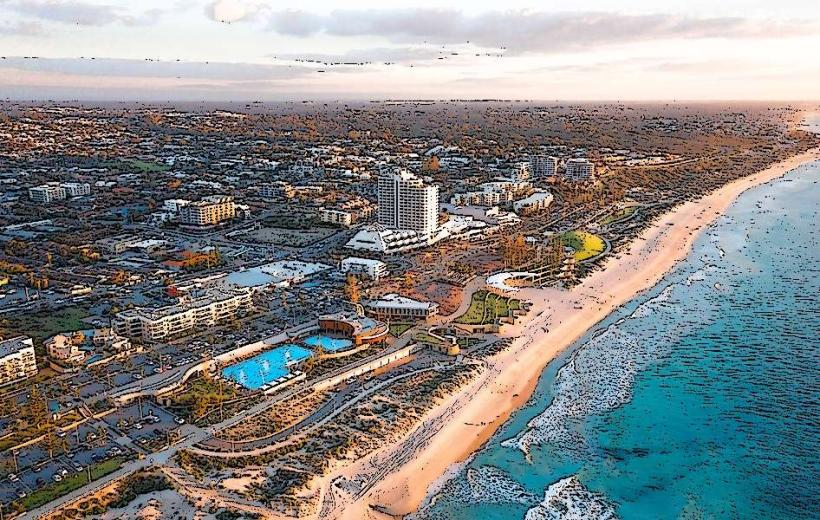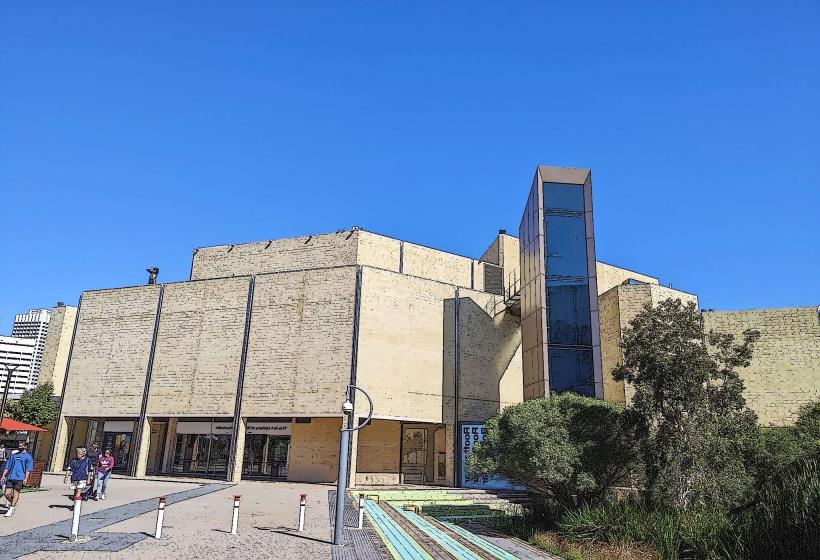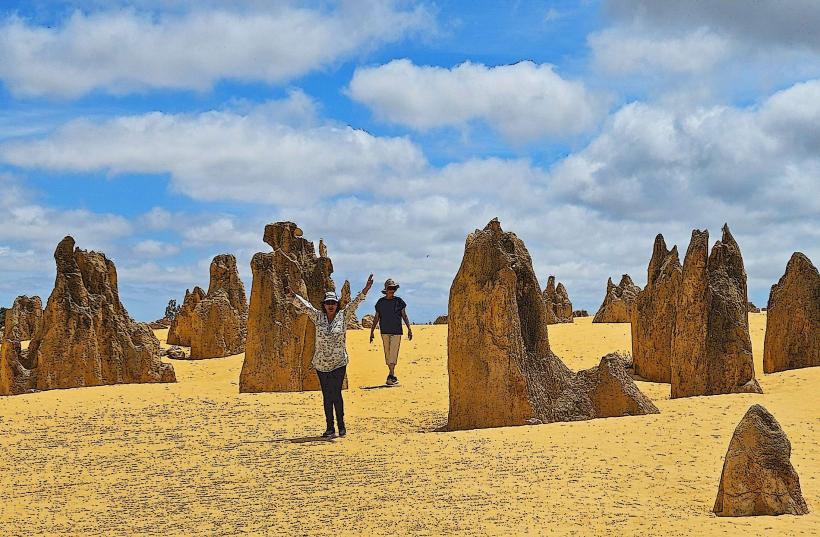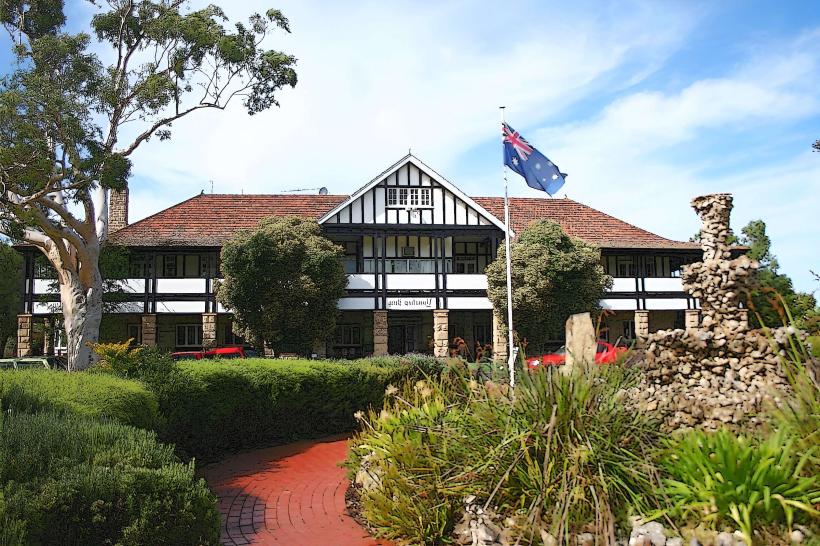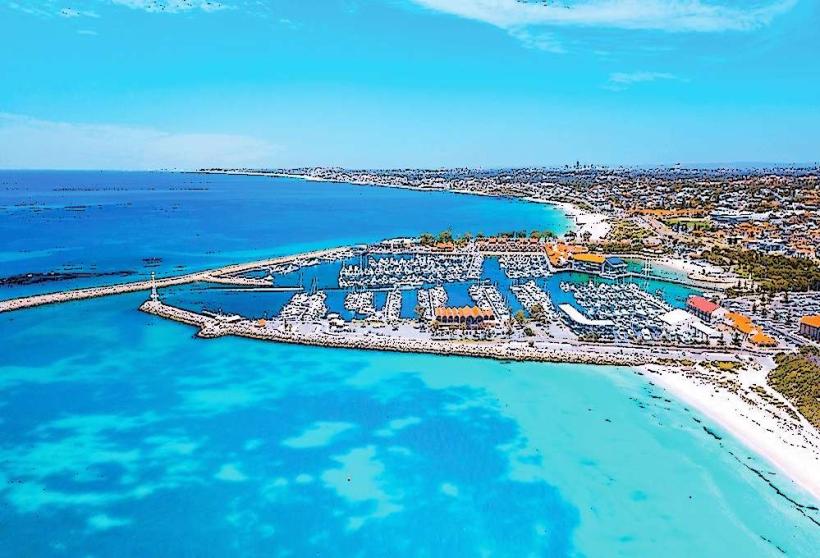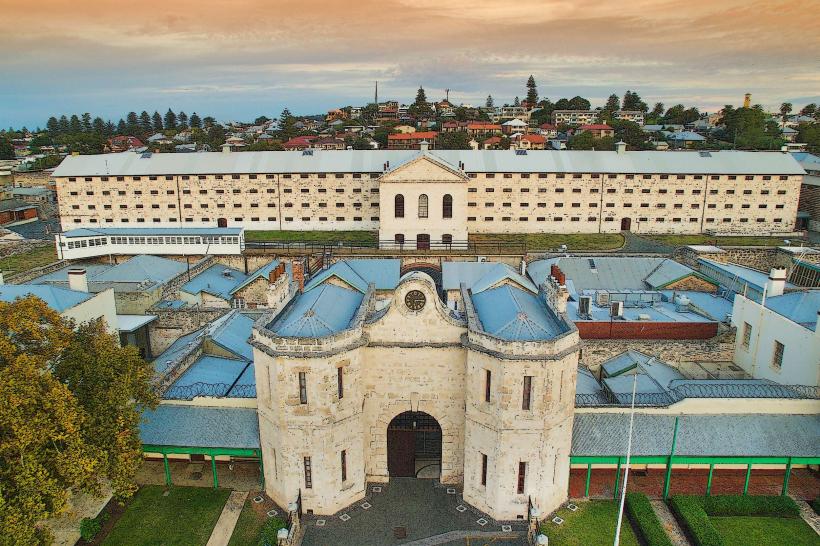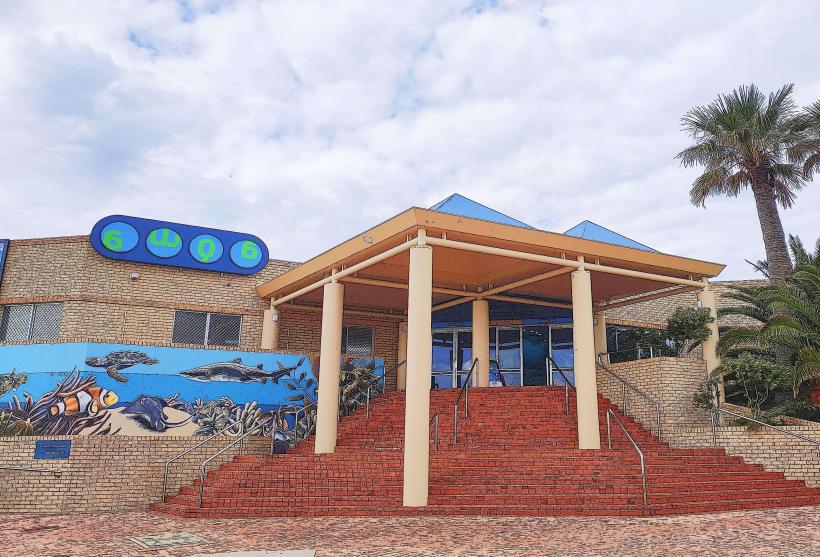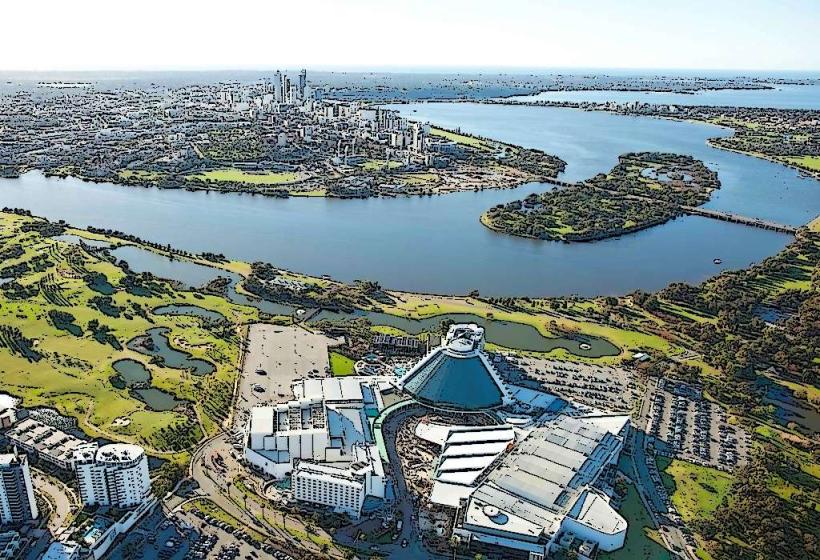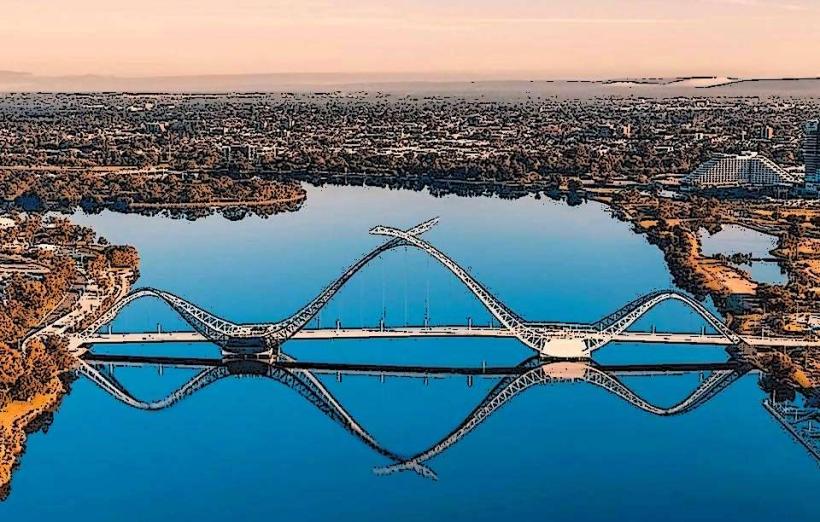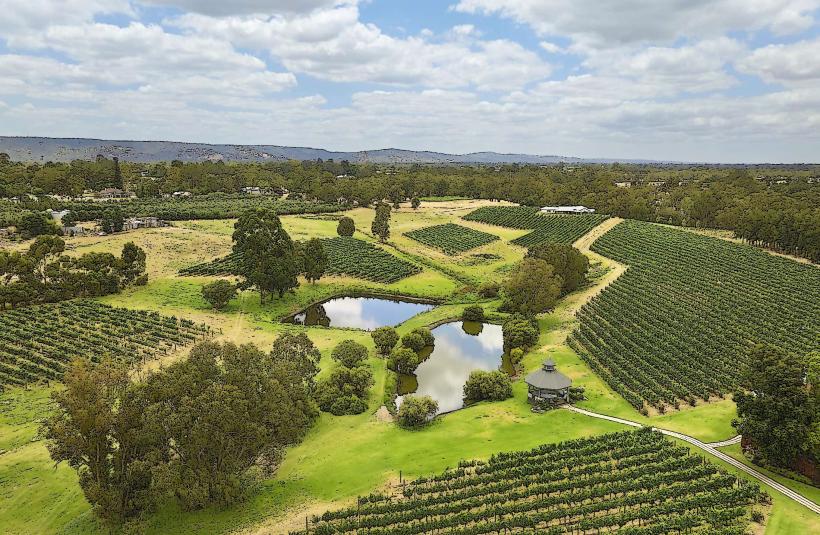Information
Landmark: Rottnest IslandCity: Perth
Country: Australia
Continent: Australia
Rottnest Island, Perth, Australia, Australia
Rottnest Island is a Class A reserve located off the coast of Western Australia, approximately 19 kilometers west of Perth.
Visual Characteristics
The island's coastline is characterized by sandy beaches and rocky outcrops. Inland, the terrain consists of undulating sand dunes covered with low-lying vegetation, including heath and woodlands. The waters surrounding the island are typically clear and range in color from turquoise to deep blue.
Location & Access Logistics
Access to Rottnest Island is primarily via ferry services departing from Perth's Barrack Street Jetty, Fremantle's B Shed, or Hillarys Boat Harbour. The ferry journey from Fremantle takes approximately 25 minutes, while departures from Perth and Hillarys take longer. Private vehicle access is restricted; visitors typically use bicycles, island buses, or walk. Limited parking is available at the ferry departure points.
Historical & Ecological Origin
Rottnest Island was formed approximately 7,000 years ago as sea levels rose, separating it from the mainland. It has been inhabited by Indigenous Australians for over 6,000 years. European settlement began in the 1830s, with the island serving various purposes including a penal colony and a military defense post.
Key Highlights & Activities
Activities include cycling around the island's perimeter and interior roads, swimming and snorkeling in designated bays, and exploring historical sites such as the Wadjemup Lighthouse. Boat tours around the island are also available. Observing the quokka, a small marsupial endemic to the region, is a common visitor objective.
Infrastructure & Amenities
The main settlement area, Thomson Bay, offers amenities including restrooms, food vendors, and limited retail outlets. Accommodation options range from self-contained units to a hotel. Cell phone signal (4G) is generally available across the island, though it can be intermittent in more remote areas. Shade is available at designated picnic spots and within the settlement.
Best Time to Visit
The best months for visiting are typically September through November (spring) and March through May (autumn), offering mild temperatures and lower wind speeds. Mid-morning to late afternoon provides optimal sunlight for photography. Tidal conditions do not significantly impact access or most activities, though some snorkeling spots may be more accessible at certain tides.
Facts & Legends
The island's name, Rottnest, was given by Dutch explorer Willem de Vlamingh in 1696, who mistook the quokkas for large rats. A lesser-known fact is the presence of a network of underground tunnels, remnants of its military past, which are not generally accessible to the public.
Nearby Landmarks
- Fremantle Prison (10km Southeast)
- Cottesloe Beach (15km West)
- Kings Park and Botanic Garden (19km East)
- Perth Cultural Centre (20km East)

